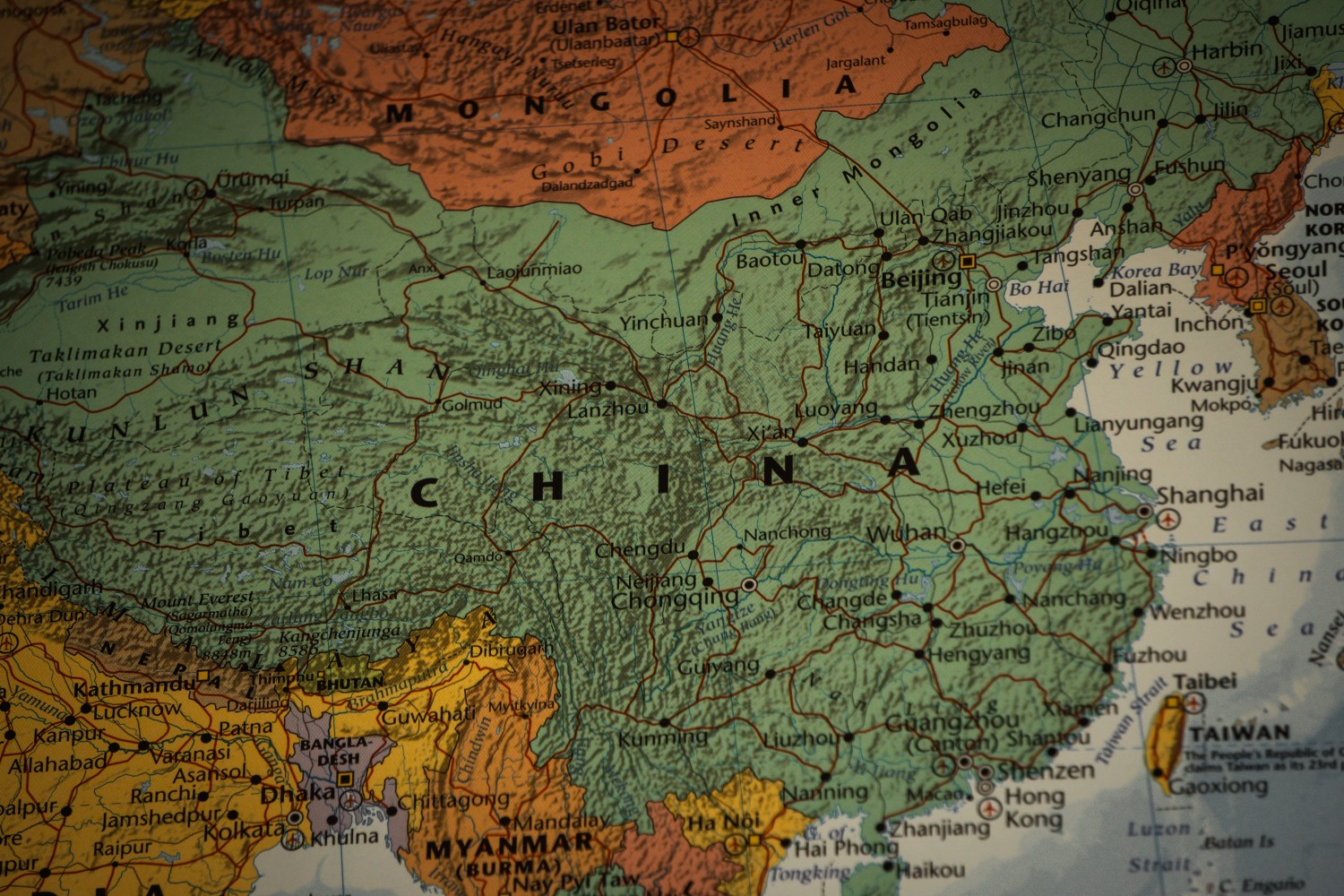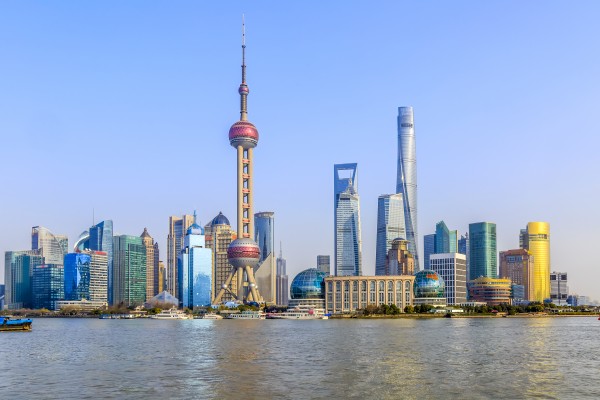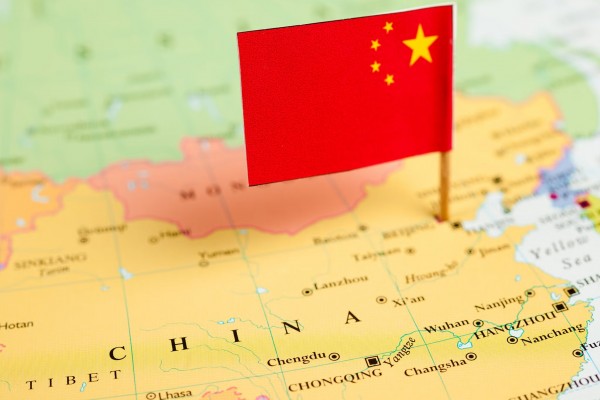Review № 25 of Chinese Antitrust News from the Experts of the BRICS Competition Centre
- 15 years from the enactment date of the PRC Anti-Monopoly Law
August 1 marked the 15th anniversary of the enactment of the PRC Antimonopoly Law
The PRC Antimonopoly Law came into being during China's transition to a market economy. The document was approved back in 2007 and came into force on August 1, 2008, becoming a reliable legal basis for the protection of fair competition and the decisive role of the market in the distribution of resources.
At the same time, the first anniversary of the first amendments to the Law is also being celebrated – the new version was developed as a response to the new requirements of high-quality development and the challenges of the digital economy.
Over the 15 years of the existence of the PRC Antimonopoly Law, 340 cases of anti-competitive agreements and abuse of dominant position have been considered, and fines and forfeitures amounting to over $5 billion have been received. Special attention in enforcement is paid to violations that cause a wide public outcry and to socially important industries: public utilities, pharmaceuticals, consumer goods, construction materials, etc. The system of reviewing applications for economic concentration transactions has been significantly developed: there is now a simplified review system and an electronic filing system, and some cases are delegated for local review.
The system of reviewing applications on economic concentration transactions has developed significantly: a simplified review system and an electronic filing system are now in place, and some cases are delegated for local review. Over 5,400 transactions have been reviewed in 15 years – of which 3 have been blocked and 59 approved with additional conditions.
More than 430 cases of "administrative monopoly" – cases where administrative power is used to the detriment of competition - have also been handled as part of the fight against abuse of authority.
"China's antitrust law has come a long way in 15 years: shaping, improving, tempering, maturing, continuously energizing high-quality economic development, accumulating new strength <...> During this time, we have arrived at unified antitrust enforcement, made the first amendments to the Antimonopoly Law, published the world's first antitrust guidelines for the digital economy <...> become one of the top three antitrust jurisdictions, along with the U.S. and the EU,"
Xu Xinjian, Anti-monopoly Director of China's General Administration of State Administration for Market Regulation.
Source: SAMR
"The measures just published to support private business emphasize: [it is necessary] to comprehensively utilize the institution of fair competition policy. Strengthen the fundamental position of competition policy, strengthen the institutional framework and mechanisms for its implementation, and adhere to the principle of equal treatment of enterprises of all forms of ownership,"
Southern Metropolis publication.
Source: New.qq.com
"The more stressful times come, the more tenaciously we need to adhere to a fair competitive policy - this is the development policy that forms a sustainable, fair, transparent and predictable investment environment,"
Lu Yan, Director of the Development Research Center of China's State Administration for Market Regulation.
Source: New.qq.com
"Understanding the original purpose of the Antimonopoly Law is still relevant today. And its purpose is described in the first article: to protect fair competition in the market, to encourage innovation, to increase the efficiency of economic activity, to ultimately protect the rights of consumers and the public interest of society. <...> In all industries with full-fledged competition, without exception, people have greater and better well-being. And the enhancement of this general welfare is achieved through fair competition in the marketplace, not through planned distribution or government intervention,"
Huang Yong, Director of the Competition Law Centre of the University of International Business and Economics (UIBE) and law Professor of UIBE Law School.
Source: Baijiahao
"Strengthening law enforcement in socially important areas is a key step in the realization of "development for the people". People-oriented development is not an empty slogan, it cannot remain only in words, in ideological thoughts: it is necessary to translate it into real actions, to implement it at all stages of socio-economic development. The way of realization of people-oriented development has no end point, and there can be no pause in antimonopoly regulation,"
Prof. Shi Jianzhong, Vice President of China University of Political Science and Law (CUPL).
Source: Сe.cn
"Antitrust is the "convoy" of quality local competition. For a long time, competition among territories has acted as an important driving force for accelerated economic development, but <...> under the prolonged lack of sufficient rules and restrictions, it has sometimes become blind, redundant and disorderly <...> Comprehensive and in-depth implementation of competition law can point the way for local governments to organize high-quality competition, which in turn is the root prerequisite for achieving high-quality development,"
Kai Zhibin, Associate Professor at the Teaching Department of Research Economic Research of the Central Party School (State Administrative Institute).
Source: SAMR
"Competition policy encompasses both authorities and market actors; covers all stages of regulation from ex ante to ex post, and its goal is to remove all obstacles to market entry, crush regional monopoly and territorial barriers, and promote the free circulation of goods, factors of production and resources,"
Wang Yiming, Vice Chairman of China Center for International Economic Exchanges (CCIEE).
Source: SAMR
"The fair competition review system is a tool for implementing competition policy, which not only strengthens its fundamental position, but also eliminates the source of competition restriction. It was finally formed by 2016, and since then, more than 4 million new and existing documents have been reviewed in China, and more than 50,000 have been redacted or canceled,"
Huang Yong, Director of the Competition Law Centre of the University of International Business and Economics (UIBE) and law professor of UIBE Law School.
Source: SAMR
"The role of industry associations and chambers of commerce should be fully recognized as an indispensable factor for a more equitable distribution of market resources and an important driving force for the protection of competition in the market, as well as a bridge between the authorities and business in the process of economic development. At the same time, some of them <...> under the pretext of protecting industry interests or strengthening self-discipline, organize anti-competitive agreements and violate the competitive order in the market - and antitrust law is necessary to eliminate these violations. The antitrust guidelines for industry associations now under consideration are designed to address gaps in the law, and the recent voluntary commitment to protect fair competition in the auto industry signals an increased awareness of antitrust,"
Prof. Sun Jin, Director of the Competition Law and Policy Research Center at Wuhan University.
Source: SAMR




